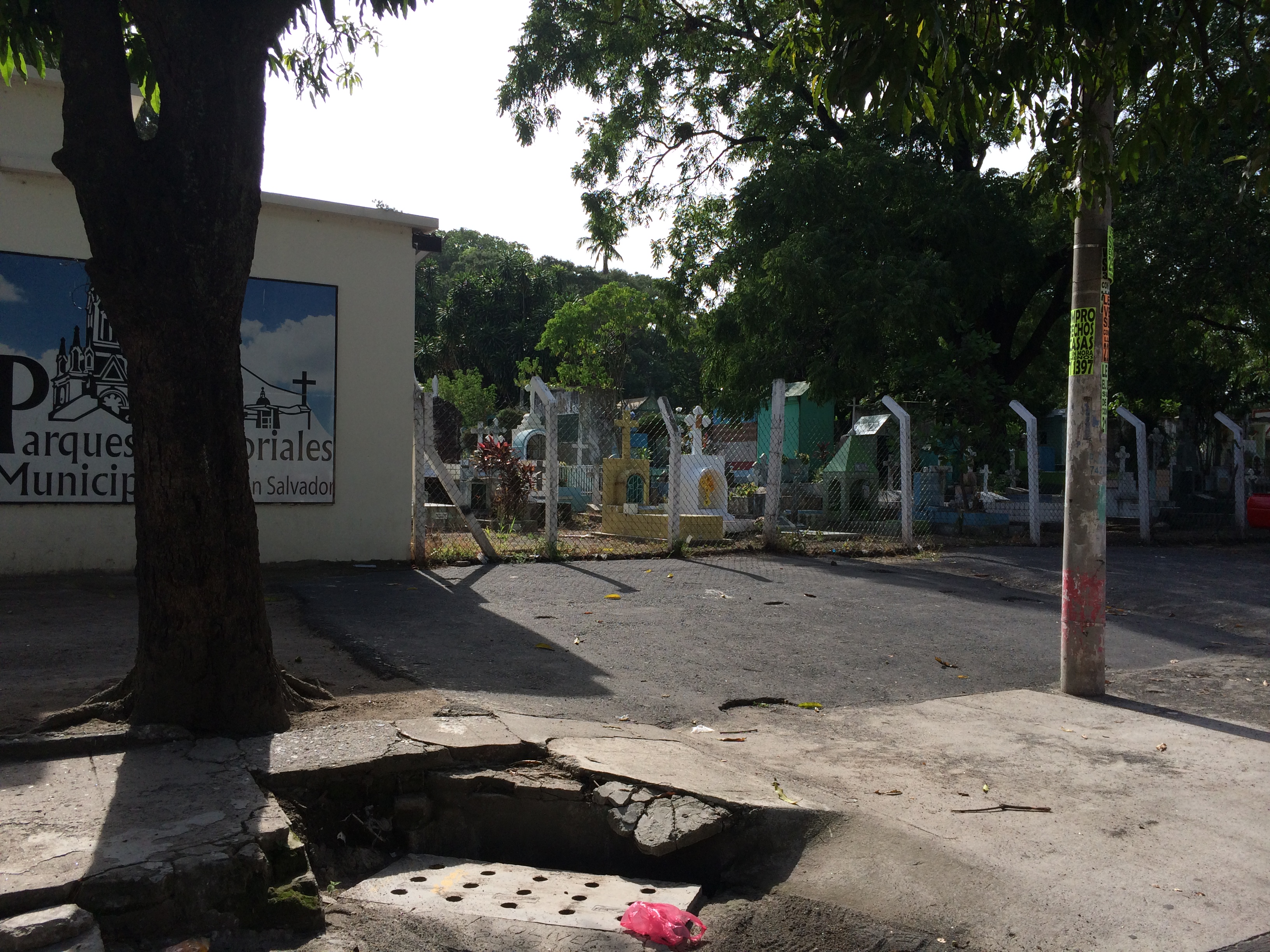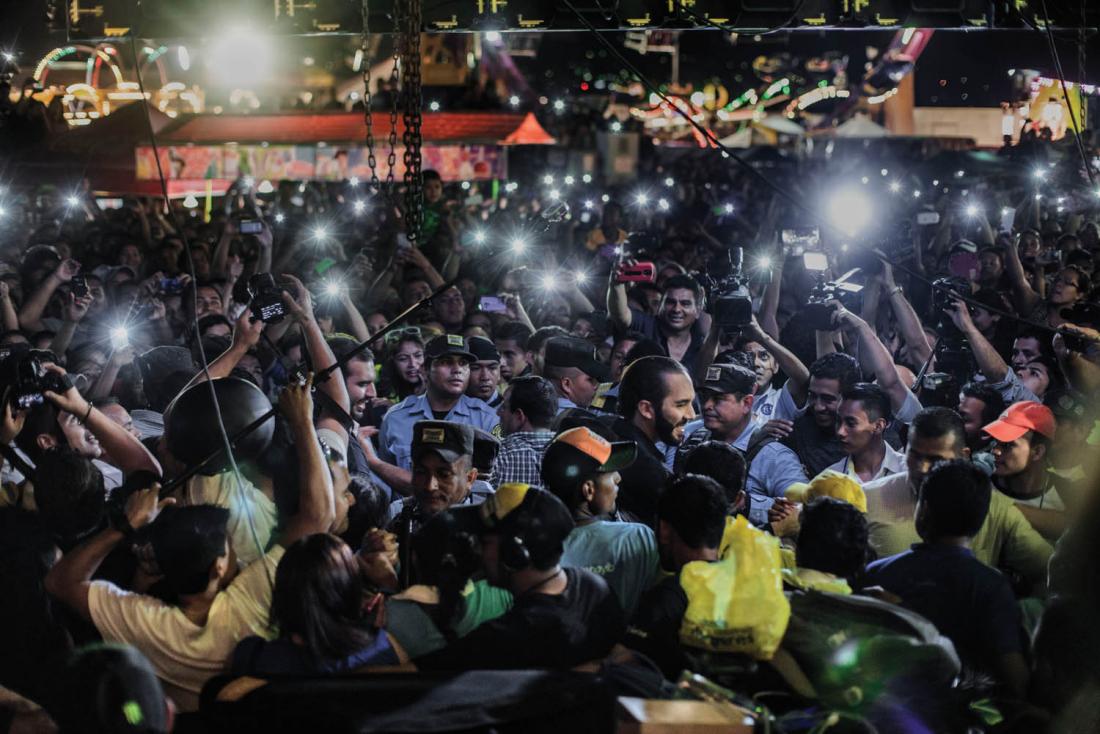
In 2015, El Salvador's murder rate was the highest in Central America, with an average of over fifteen confirmed homicides occurring per day of a population of just 6.4 million people. Gangs rule the streets and police, soldiers and politicians have proven ineffective in fighting them. In some cases, the gangs are even paying them off.
There's little hope—except, perhaps, in San Salvador. When the capital's new Mayor, Nayib Bukele, the 34-year-old left-leaning businessman and son of Palestinian business moguls, became mayor of Nuevo Cuscatlan, a small municipality outside San Salvador, he rapidly transformed the town into a haven of security.
This helped him win the election in San Salvador last March. He has inherited one of the world's most violent cities and the entire country is now watching hopefully to see if he, as a political establishment outsider with unconventional policies, can fix things. He has already made tremendous inroads and garnered a slew of supports both young and old, from the left and the right—so successful has he been that the country is buzzing with predictions that he will run for President in 2019, and win.
Through an in-depth profile of this unlikely Salvadoran politician, journalist Lauren Markham investigates the landscape of violence and state collapse in El Salvador and the prospect of meaningful change, starting in the capital.






